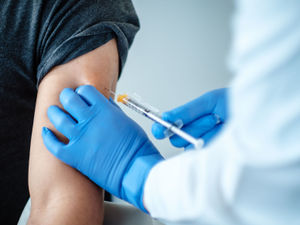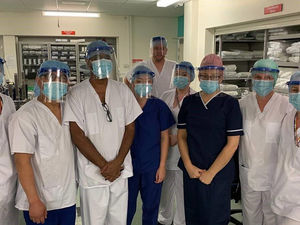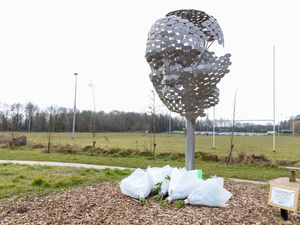Fraud team saves Telford council nearly £300,000 in a year
Fraud investigators saved Telford & Wrekin Council nearly £300,000 last year, and a report says potential abuse of coronavirus relief grants formed a large part of their work.

Potential abuse of the business rate and council tax support and discount systems also generated a “high proportion” of probes, senior investigations officer Andrew Hollis writes.
He adds that other cases tackled during 2020-21 involved internal fraud “involving less than £10,000” and a dishonest claim about where a child lived in order to obtain a school place.
The borough’s audit committee will discuss his Corporate Anti-Fraud and Corruption Annual Report on Thursday, May 27.
Mr Hollis notes that the dedicated investigations team consists of two full-time officers, but “other council services undertake investigations into fraud” as an ancillary part of their job description.
“The investigation team within Audit and Governance has responsibility for investigating fraud, irregularity and corruption across the authority,” he writes.
“The team is also responsible for putting additional measures in place to prevent the risk of fraud, irregularity, bribery and corruption.
“The team has also assisted in securing the finances of adults who are suspected of being victims of financial abuse.
Measuring
“A high proportion of the investigation team’s work comes from investigating matters affecting the revenues service. This includes council tax support, single-person discount, council tax liability issues and national non-domestic rates.”
The report says £296,203 was saved through the team’s investigations in 2020-21. “Council tax and revenue matters” accounted for £70,392 of this, while council tax support investigations reclaimed £79,453 in housing benefit. “Other corporate fraud investigations, including Covid grant awards” accounted for £146,357.
However, Mr Hollis notes that “there is no way of accurately measuring the consequential effects of indirect savings that occur due to the team’s work”. He says the existence of the division, and would-be fraudsters’ awareness of it, has a deterrent effect and “preventative measures that the team works on will help stop fraud going forward”.
Mr Hollis adds: “A small number of internal investigations have been undertaken during the year. This includes one case that is currently in the court system and one the continued from 2019-20 which resulted in prosecution in January 2021. Both these cases involved sums less than £10,000.”
The team also investigated “a matter where residency has been falsified in order to attempt to obtain admission to a school”, Mr Hollis writes.
“This led to the placement being withdrawn,” he says.
In a section of the report about challenges for the coming year, Mr Hollis says: “The impact of Covid on the fraud environment has been significant.
“Criminal have embraced the opportunity to exploit the situation.
“At the same time, more people could be placed in a situation where they believe that fraud is a solution to financial problems as a result of the pandemic.
“This could provide a significant challenge to the authority moving forward.”





